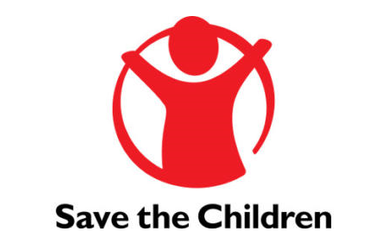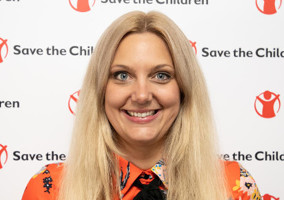Income at Save the Children International grew by more than £300m last year, according to its recently filed accounts, making it the charity with the highest revenue in the country.
The charity, which operated in 115 countries in 2022, grew its income by 20% to $1.60bn (£1.31bn) compared to the year before.
Its expenditure rose by 17% ($220m) to $1.51bn as the “number of emergencies we responded to in 2022 rose by a staggering 37% on the previous year”.
The average number of full-time equivalent employees increased by more than 2,000 to 18,400, making it the largest charity employer in England and Wales.
Save the Children International reported a 31% increase in safeguarding concerns and a 28% rise in fraud.
Income growth
Save the Children’s income growth “exceeded our moderate funding ambitions overall by more than 6%”, the accounts read.
“Much like previous years, 95% of our income was received directly from Save the Children member organisations and the remaining 5% came largely from direct grants and donations to our country offices and from donated professional services,” the accounts read.
“Save the Children US continues to contribute the most funding.”
Philanthropic and corporate partners provided $414m in private funding.
Income from gifts-in-kind increased by $21m to $90m in 2022, primarily due to a significant increase in food aid for global emergencies, most notably the humanitarian crises in Ukraine, Afghanistan and Somalia.
The charity said it aims “to grow our income while diversifying our global funding portfolio and increasing our strategic alignment”.
Staff and safeguarding
The accounts reveal 24 staff lost their jobs over safeguarding concerns, the report shows.
Last year, overall reporting increased by 31% to 924 reported concerns (this is up by 220 compared to 2021).
“This is seen as a positive development, as it is driven primarily by an increase in lower-risk concerns (including early warnings), and in areas that we suspect were previously under-reported.”
Save the Children made a one-off payment in 2022 to recognise the additional pressures inflation is having on its staff’s finances.
“Rising food and energy prices have become a real worry for some. Staff feedback supports the view that colleagues on lower salary bands are likely to feel a greater burden, so we prioritised them for this support,” the accounts state.
They add “we are also aware of the impact of inflation on our wider staff members” and will consider the rising cost-of-living changes during its standard annual pay review to be implemented in 2023.
At the end of 2022, 60% of its country directors and 85% of its country office senior management team were from non-OECD countries, up from 53% and 71% in 2021, respectively.
Racialised minority staff represented 19% of its extended leadership team in its global centre, up from 13% in 2021.
In 2022, the charity began using “racialised minorities” and discontinued using the term “people of colour”.
At the end of 2022, women made up 56% of its country directors representing an increase since 2021 (up from 53%). Females also made up 52% of its country office senior management teams, up from 50% in 2021.
Women’s median hourly pay was 11% lower than men’s.
Fraud
In 2022, the number of fraud reports increased by 28% from 1,071 in 2021 to 1,375 in 2022.
The accounts state: “Due to lack of information or non-fraud issues, not all reported incidents are triaged to become open cases. As such, investigated fraud cases increased by 41% from 725 in 2021 to 1,021 in 2022.”
Fraud taking place at the beneficiary targeting, registration or distribution stages of a programme, either perpetrated by staff or community members, was the most common type of fraud last year.
It increased proportionately with the overall caseload (320 in 2021 to 404 in 2022).
Supply chain schemes were the second most common type of fraud last year with procurement, inventory and asset management schemes responsible for the majority of cases.
Finance fraud schemes followed supply chain schemes as the third most common type of fraud “due to our increased ability to detect false invoices and expenses and payroll schemes”.
Related Articles











